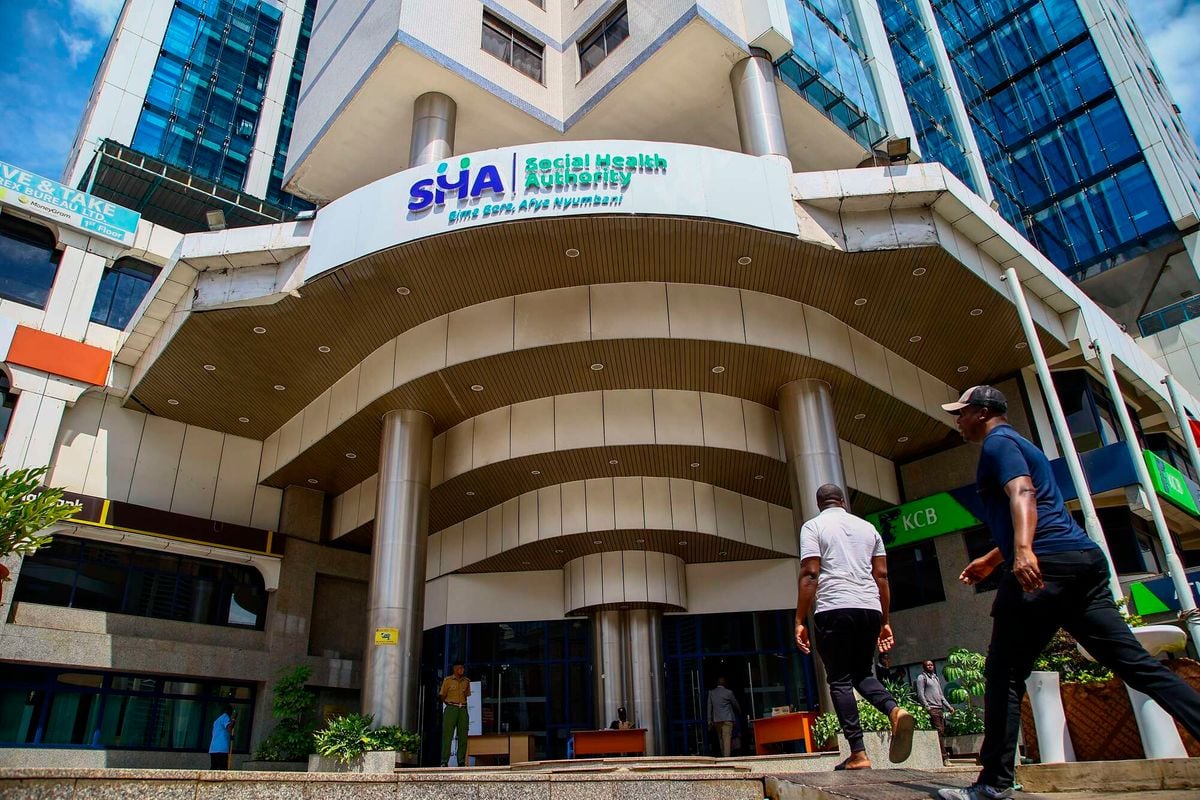Thousands of residents in northeastern Kenya are missing out on life-saving health coverage under the Social Health Authority (SHA) due to a combination of religious doubts, misinformation, and the challenges posed by a nomadic lifestyle.
Despite government assurances that the scheme is compliant with Islamic principles, scepticism persists in Garissa, Wajir, and Mandera counties.
Local officials have accused some religious leaders of discouraging registration by claiming SHA contributions conflict with sharia law.
Garissa County Commissioner Mohamed Mwabudzo dismissed such claims as baseless.
“There has been misinformation that SHA contributions do not conform with sharia. That is not true. No interest is charged, and this is simply a cooperative scheme to help our people access healthcare,” he said.
But many locals remain unconvinced. Adan Kulmie, a resident of Garissa, argued that SHA is unfair to Muslims because contributions are not refunded if unused.
“Islam teaches fairness. If I don’t fall sick, I should get my money back. Otherwise, it is not in line with our religion,” he insisted, adding that his views were shaped by clerics in the region.
The blame game has deepened divides. Mr Mwabudzo accused some Islamic preachers of spreading “baseless allegations” and urged them to stop misusing religion.
But Sheikh Hassan Abdi, chair of the Supreme Council of Kenya Muslims (Supkem) in Garissa, defended religious leaders, saying government officials had failed to sensitise communities adequately.
Sheikh Abdi, who is personally enrolled in SHA, described the scheme as ḥalāl (permissible).
“Islam promotes and protects human life. Cooperative insurance schemes like SHA are allowed because they are not profit-driven but aim to protect lives,” he said, adding that it was misleading to demand refunds since the contributions are meant to support community health.
In addition to religious debates, the nomadic lifestyle of pastoralist communities remains a major barrier to registration.
Many families move across grazing fields where health facilities are scarce, making it difficult to appreciate the benefits of SHA.
Elder Hassan Shire criticised leaders for failing to explain the scheme.
“Most of our people are ignorant of SHA. Even Health Cabinet Secretary Adan Duale, who comes from this region, has not done enough to make sure his own people understand its importance,” he said.
The SHA coordinator in Garissa, Mohamed Ahmed, attributed low enrolment to poor sensitisation and logistical failures.
He said county leaders had not invested enough in community education, while many community health promoters lacked the digital skills to use registration devices.
A health officer in Garissa added that nepotism worsened the problem:
“We have 2,500 community health promoters, but many can’t even use the gadgets provided. They were hired based on clan ties, not merit.”
So far, 167,000 residents have registered in Garissa, 181,000 in Wajir, and 215,000 in Mandera, far below the expected coverage.
Officials fear continued resistance will leave thousands of vulnerable households without access to affordable healthcare.
Regional Commissioner John Otieno warned that pastoral communities risk being left behind unless new approaches are adopted.
“Urban residents are easier to reach, but nomadic populations remain out of our grasp. Unless we address this, enrolment numbers will stagnate.”
Analysts argue that better sensitisation, trust-building with religious leaders, and targeted outreach to nomadic groups are critical if SHA is to succeed in the region.
As Sheikh Abdi emphasised:
“This scheme is about saving lives, not making a profit. We must move away from rumours and disinformation and focus on the well-being of our communities.”

